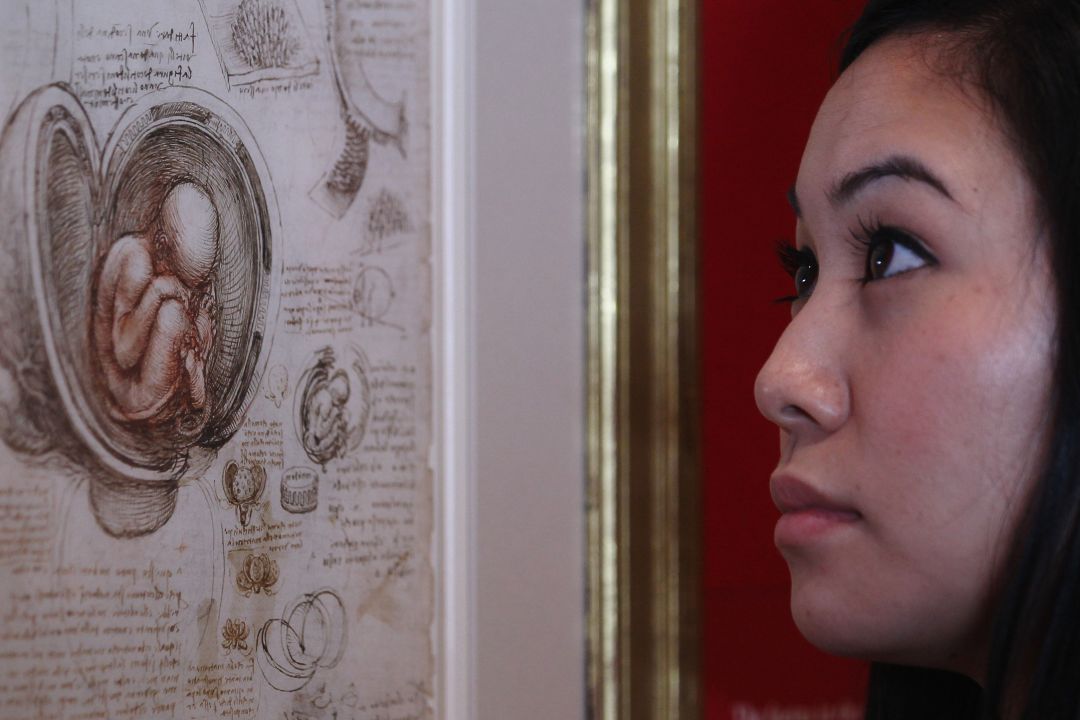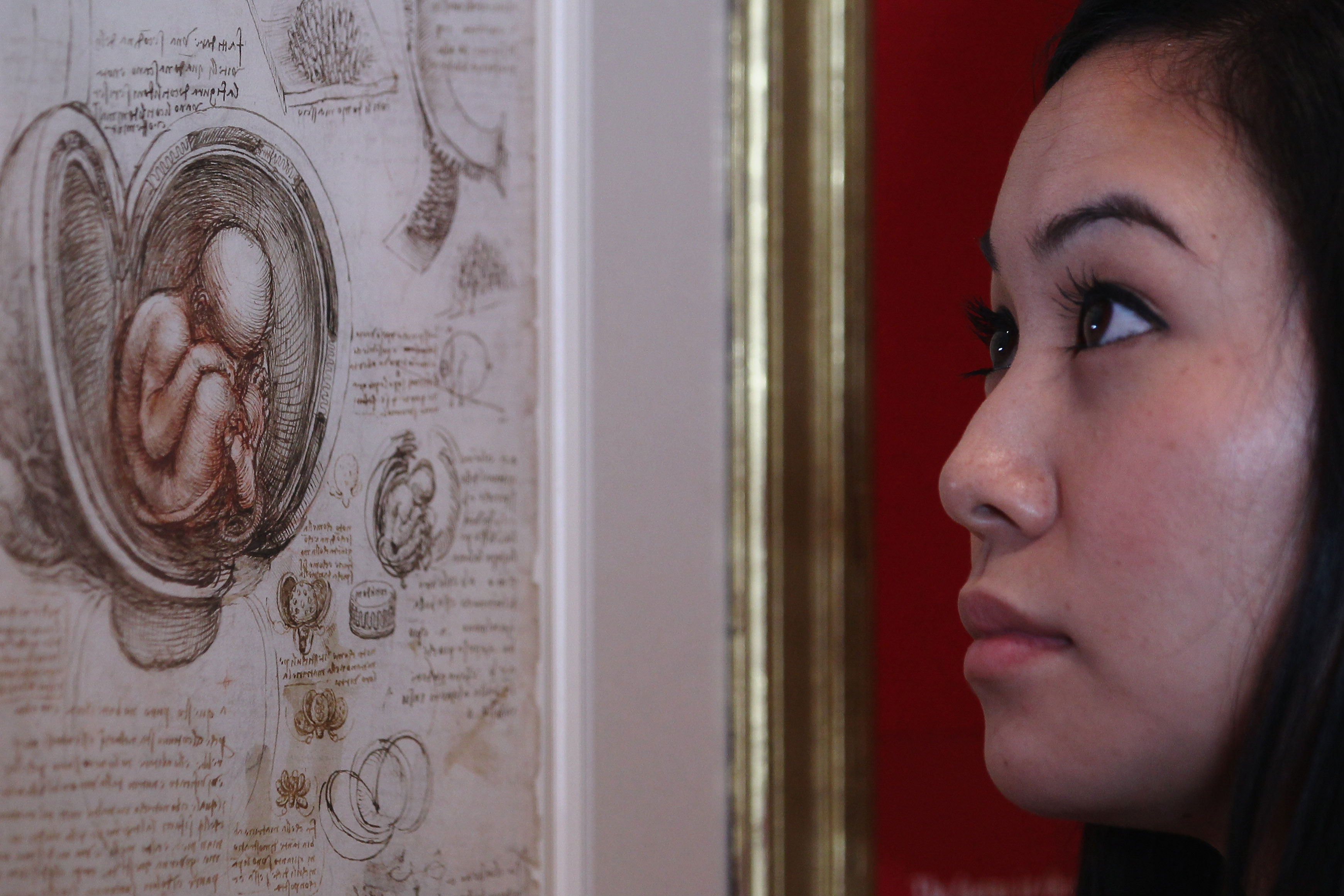Imagine that you became pregnant. Imagine that you were entirely dependent upon your husband. Imagine that you became the victim of domestic violence during that pregnancy, and your husband began demanding that you did not give birth to a baby girl.
Facing strong social pressure, coercion, or violence to end a pregnancy because you are carrying a girl, is a reality for a disturbing number of women in Britain, according to women’s advocacy organisation Jeena International, which helps women escape domestic violence.
To begin tackling this issue, a large group of MPs led by Fiona Bruce have proposed the Abortion (Sex Selection) Bill. This is a short and simple piece of legislation that seeks to clarify the exact legal status of sex-selective abortion, which has been cast into doubt in recent times.
There have been several catalysts over the last few years for this renewed discussion about sex-selective abortion. First came a series of media allegations about clinics offering seemingly unlawful sex-selective abortions. These allegations led to a police investigation lasting eighteen months, but the Crown Prosecution Service ultimately decided not to proceed with a prosecution although there was some evidence that an offence may have been committed.
Then came the Independent’s analysis of birth data, which appeared to show discrepancies in sex ratios at birth. Although this analysis was heavily disputed, some academic papers also suggest sex imbalances in birth rates in certain areas of the UK, along with anecdotal evidence from organisations such as Jeena International and from health professionals.
One ob/gyn consultant, Dr Vincent Argent, a former employee of the British Pregnancy Advisory Service, told the Telegraph in 2012 that he had ‘no doubt’ women were terminating pregnancies because of the sex of the baby, and that there were ‘an awful lot of covert abortions for sex selection going on’.
Sex-selective abortion should be an issue around which everyone can rally, whatever their view on abortion as a whole. It is a clear instance of unjust discrimination and its mass use has caused severe population imbalances in parts of China and India. India, indeed, has formally prohibited pre-natal sex testing for the last two decades, although the procedure is far from being entirely eliminated.
The Bill will help to ensure that sex-selective abortion is not allowed to become a serious problem in the UK. It will achieve this with a simple clarification specifying that the 1967 Abortion Act does not allow abortion simply on the grounds of foetal sex.
The Bill is necessary because the current legal situation is ambiguous. The government’s official line is that sex-selective abortion is simply unlawful, unless there is a sex-linked disability in the child. This approach, which was outlined in a Department of Health paper in May, focuses strongly on the fact that foetal sex is not a specific ground for abortion under the 1967 Act.
Other interpretations differ, however. The British Medical Association and the Pregnancy Advisory Service both argue that abortion on the grounds of foetal sex may be lawful in some cases. BPAS in particular have strongly and publicly argued for this position. However, in their Reproductive Review released in May 2013, they answer the question ‘Is abortion for reasons of fetal sex illegal?’ with a resounding ‘No’.
This situation cannot continue indefinitely; the issue is too important for such confusion to reign. Abortion is often a highly divisive issue, but abortion on grounds of sex unites people on all sides of the debate – not least for the sake of women who may feel pressured into having a sex-selective abortion. The website www.stopgendercide.org enables you to contact your MPs about this matter. I hope you use it.
Mary Glindon is Labour MP for North Tyneside.







Comments